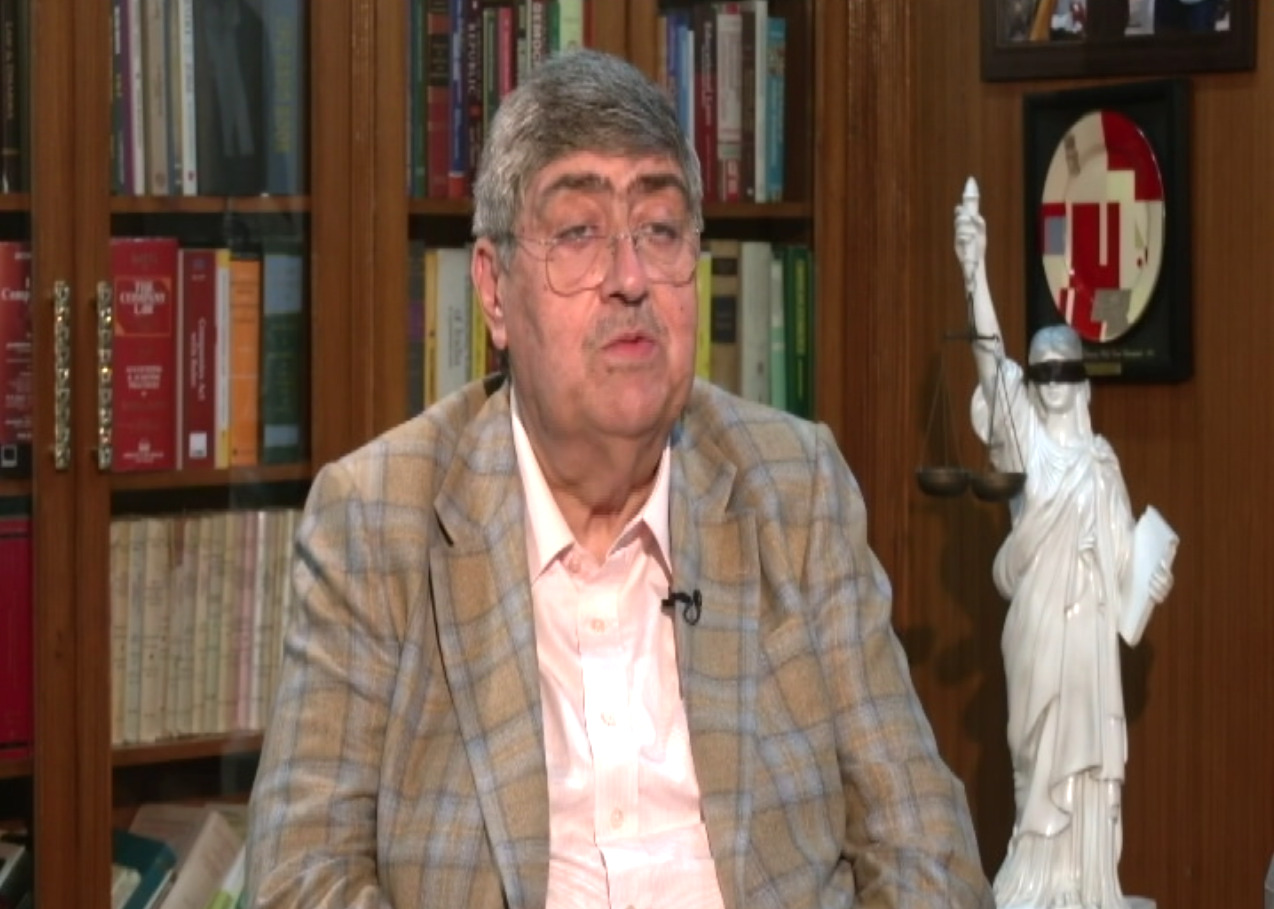2023-12-28 18:31:56

Justice SK Kaul retired on December 25.
New Delhi:
The unanimous judgment on Kashmir was the opinion of five judges and people can differ, Justice (Retd) SK Kaul, who was part of the constitution bench that delivered the verdict, told NDTV today.
“I believe that if five judges have taken a unanimous decision then at least it is the opinion of these judges that what was done was correct and in accordance with the law,” he said.
The verdict of the five-judge bench led by Chief Justice of India DY Chandrachud earlier this month, had disappointed many in Kashmir Valley.
While accepting the court’s judgment that the Article 370 of the Constitution was temporary in nature and its removal was correct in terms of procedure, many political leaders had said the “struggle” will continue.
Speaking about the issue, which he insisted deserved to be put to rest, Justice Kaul, who retired on December 25, said the issues which came before the bench could be broadly divided into two questions — whether the Article 370 was a temporary provision and whether the Centre had stuck to the correct legal procedure.
Whether the “shell” of the “slightly different procedure” used to assimilate Jammu and Kashmir to India should stay or go was a political decision, Justice Kaul said.
Now the decision for full assimilation has been taken, it was the “correct legal position,” he said. On the question of process, the court took its call looking at the ground reality — that there was no state assembly at the time and the power rested with the Centre. “The people are entitled to a different opinion of it, so what,” he said.
On whether it was a temporary position, all five judges had agreed it was, going by the incorporation and the chapter where it was made.
Asked how he felt about the situation since he felt the pain of Kashmiri Pandits — the judge is from the erstwhile state — he said it was essential to acknowledge that “there is something wrong”. Citing the South African model, based not on retribution or revenge but an acknowledgement of wrongdoing and a system of apology, he said it was what people need to move on.
On December 11, the Supreme Court, in a unanimous judgment, upheld the Centre’s decision to scrap the provisions of Article 370 of the Constitution, which had granted special status to the erstwhile state of Jammu and Kashmir.
While the court said the Centre’s decision to bifurcate Jammu and Kashmir was valid, it also directed that the restoration of statehood be done at the earliest.
Supreme Court,Article 370,Jammu and Kashmir,SK Kaul
Source link
![]()
